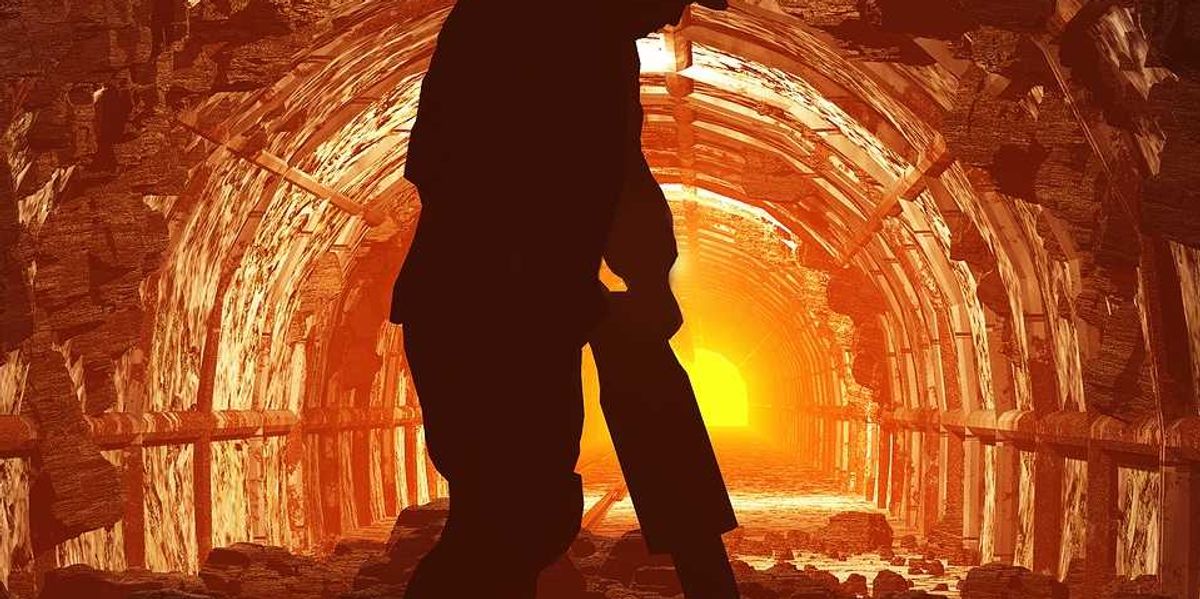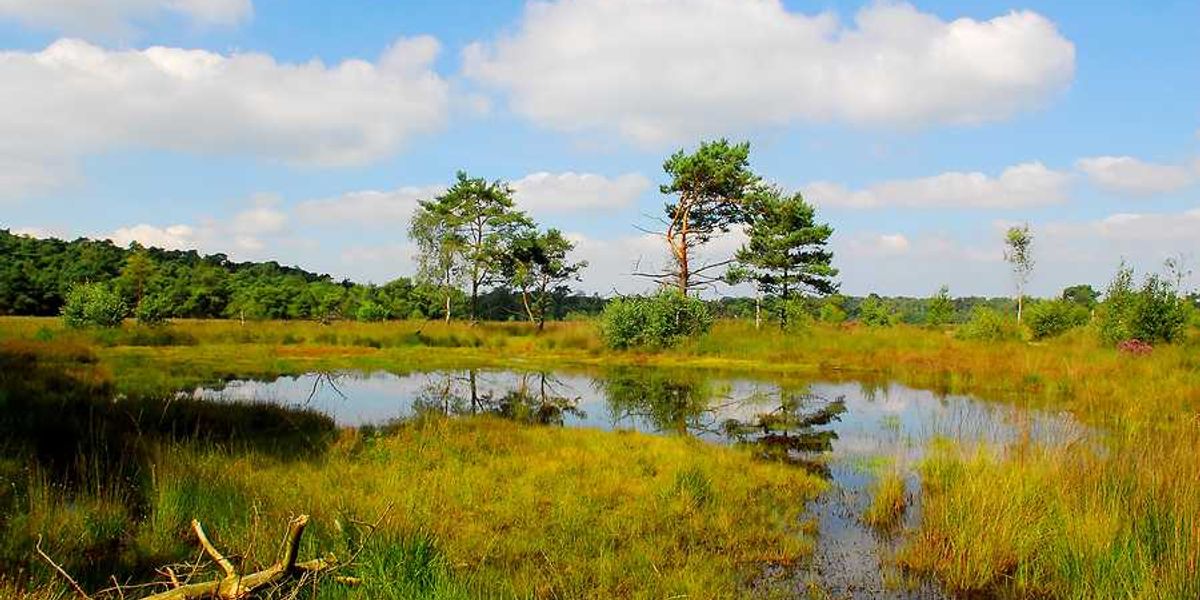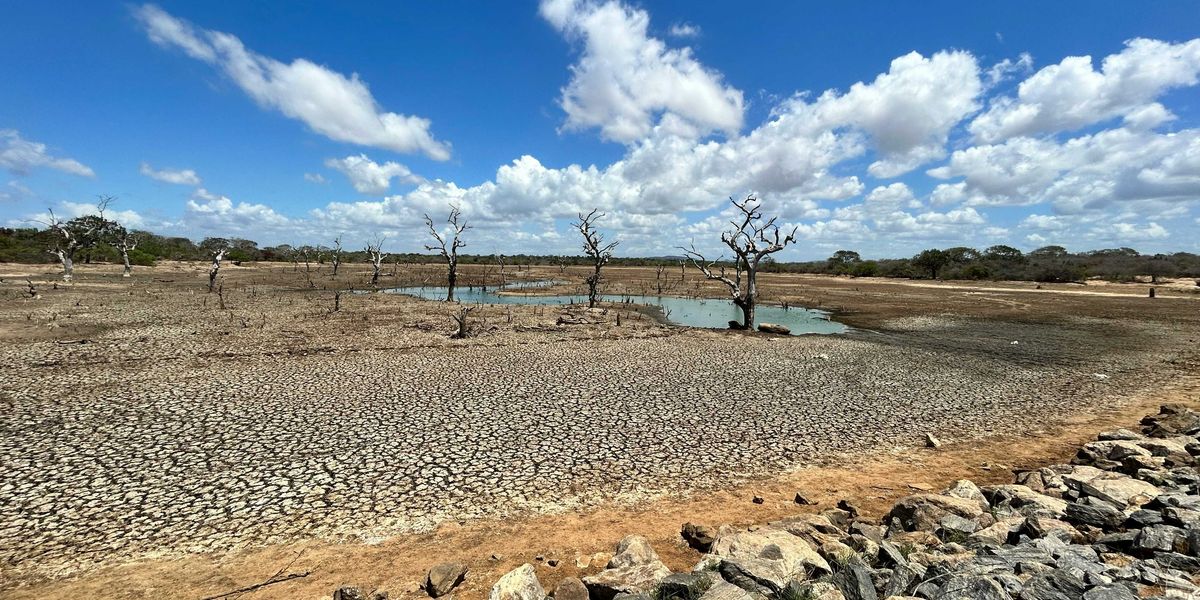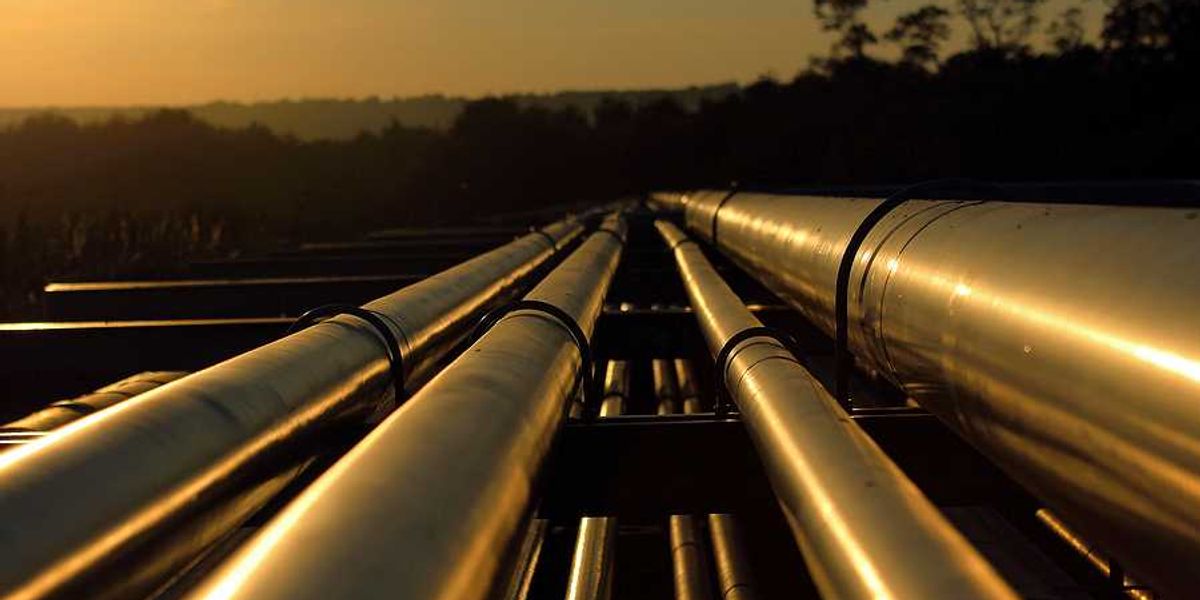Heat, air pollution and climate change … oh my! Was summer 2023 the new normal?
Intense heat waves induced by climate change create favorable conditions for air pollution to worsen. Scientists say this isn’t likely to change unless action is taken.
HOUSTON — This has been a summer of extreme heat — and scientists say this heat, coupled with infrequent rain, can supercharge air pollution. As the climate continues to warm, summers will pose a threat to not only our comfort but our lungs.
Climate has always changed, but it’s important to acknowledge that scientists universally agree that the speed of which climate is currently changing is unprecedented. Hearing terms like “global warming” can make climate change more confusing to understand. A large part of climate change is related to heat, but other factors like air pollution and precipitation must be considered.
While Texas summer’s are always hot, Houston Advanced Research Center’s Air Quality research scientist, Ebrahim Eslami, said that the summer of 2023 is different. It’s hotter. This summer the planet experienced the three hottest days ever recorded in the same week, according to the National Aeronautics and Space Administration. Cities like Houston are tying the 2011 record-breaking temperature at 109 degrees Fahrenheit. Similarly, Dallas reached 110 degrees.
But temperatures aren’t the only problem. Heat is a form of energy. Energy helps create and facilitate chemical reactions. Ozone, a dominant pollutant for much of the Gulf Coast, does not exist on its own. It’s created by emissions mixing with heat energy. According to the U.S. Environmental Protection Agency, the petrochemical industry is Houston’s largest contributor of volatile organic compounds to ozone. Traffic emissions create NOXs or nitrogen oxides, which also contribute to ozone emissions. Add heat energy, and ozone pollution is formed. Ultimately, ozone pollution can cause lifelong damage to respiratory systems and worsen conditions like asthma or bronchitis.
Without rain, the heat and emissions can linger in the atmosphere and continuously create ozone pollution. The EPA will not implement new ozone pollution standards until after the 2024 presidential election. Current standards have not been revised since 2015.
The video above provides more information on creating awareness around ozone and actions you can make in your own communities.














